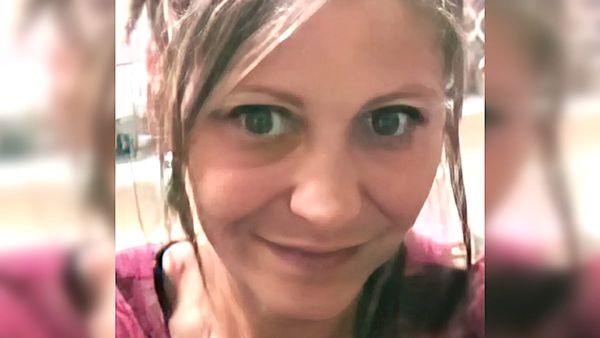ResMed stock jumped Thursday after an analyst suggested the growing popularity of weight-loss drugs from Eli Lilly and Novo Nordisk could drive use of its medical devices.
ResMed makes continuous positive airway pressure devices. Also called CPAPs, these wearable masks are the standard treatment for patients with obstructive sleep apnea. But on Wednesday, ResMed stock tumbled 6% after Lilly published the results of its sleep apnea study. Patients who took Eli Lilly's tirzepatide had 55% to nearly 63% fewer nighttime incidents.
However, William Blair analyst Margaret Kaczor Andrew says the growing use of weight-loss drugs in what's known as the GLP-1 drug class should, in fact, help companies like ResMed. She argued interest in GLP-1 treatments for weight loss should bolster sleep apnea diagnosis rates and, thus, CPAP use.
"Interest in GLP-1s could spur these patients to enter the health care system, become diagnosed with OSA and drive more CPAP demand," she said in a report. According to prescription data, "GLP-1 users are 10% more likely to start CPAP therapy."
ResMed stock reversed higher, rising 2.2% to close at 177.68. Shares hit a floor at their 200-day moving average on Wednesday, MarketSurge.com shows.
ResMed Stock Follows Dexcom, DaVita Pattern
This isn't the first time news from the GLP-1 drugs space has rocked other medical stocks.
Last year, Novo Nordisk said a weekly dose of its diabetes drug, Ozempic, proved effective in treating chronic kidney disease. That triggered a sell-off in Dexcom and DaVita stocks. Dexcom makes continuous glucose monitors for diabetes treatment, while DaVita runs dialysis clinics.
Both stocks have come back since. Experts say weight-loss drugs could improve myriad conditions, but they're not a silver bullet. William Blair's Andrew agrees. She reiterated her outperform rating on ResMed stock.
"We acknowledge the positive results and the impact that GLP-1s might have on the treatment paradigm, but ultimately view these drugs are complementary to CPAP therapy and not a replacement for CPAP altogether," she said.
It's also important to note that GLP-1-based weight-loss drugs tend to be costly — "multiples higher than the annual cost of consumables for CPAP and the initial cost of the device," she said. Further, weight-loss drugs aren't always covered by insurance.
Huge Market In Sleep Apnea
Obstructive sleep apnea affects more than 50 million people in the U.S., Andrew said. But only about 15% of those patients use CPAP devices. That leaves a market of about 40 million people with OSA who aren't receiving any treatment.
But Lilly's news Wednesday could shift the conversation, opening new patients up to the market.
"We ultimately view ResMed as a potential beneficiary of GLP-1s driving people into the system," she said. "The dynamic coupled with the company's strong executional ability should drive penetration in this under-treated and underpenetrated market."
But Andrew noted Lilly's sleep apnea treatment results could weigh on ResMed stock until the company presents the full results in June.
Follow Allison Gatlin on X, the platform formerly known as Twitter, at @IBD_AGatlin.







